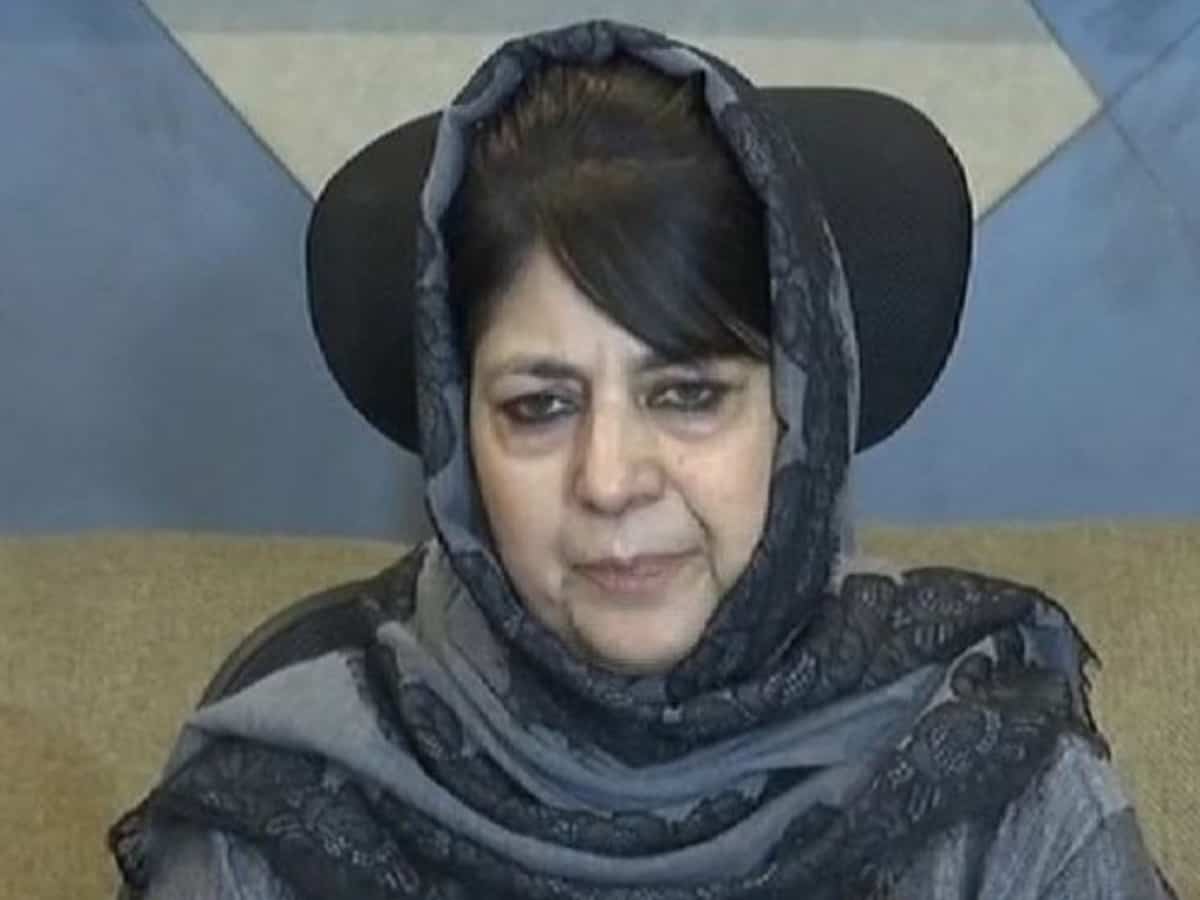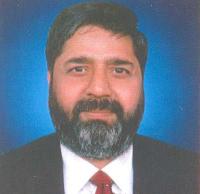

Mehbooba Mufti, once known for her rapid-fire rhetoric is now a figure of composure but she is determined to speak for the people in the Valley as also the Muslims across the country, something unique in Kashmir where localized politics is the norm. She knows what she is up against in an environment where speaking for the grievances agitating the people has its own political consequences. And the consequences were there, BJP lapped on to each and every word of hers on the Muslims of the Valley and the rest of the country used her arguments of the saffron party resorting to the communal divisions in the country against her, charging her with stoking Hindu-Muslim tensions.
In recent weeks, Mehbooba Mufti who heads the 23-year-old People’s Democratic Party, speaks very strongly against what she calls the “oppression of minorities”, particularly Muslims. She is the first leader from Kashmir to see and voice the Kashmiri Muslims and the community in other parts of the country through a single lens, a big change as earlier the community used to be seen through binary.
“We were deprived of our identity and special position on August 5, 2019 “ she reminds her audience every now and then.“ Kashmir is suffering since then, we have been subjected to the laws that give unfair and undue advantage to outsiders over local people, especially youth in the matter of jobs, and control over resource. We are being marginalized on daily basis,” she spotlights the problems that are at the roots of the simmering discontent among the youth of the Valley.
But, as she puts it, Mehbooba is more worried about what is happening in the rest of the country. She explains how the right-wing groups were harassing Muslims. “ They want to take mosques, let them. We, Muslims have the blessings to pray at any place under the sun, our homes, open grounds, and wherever we can bow our head in submission to Allah.”
This was a very plain message to her co-religionists across the country: “don’t get provoked, for your provocation will give them an excuse to bulldoze your homes and shops.” She went a step further, and advised them, “ let them take over Taj Mahal, Lal Qila, and Qutb Minar and make these historical and Mughal era buildings as temples, then we would see how many people will come to visit these Mughal era sites. Mughals have left their imprint almost everywhere in the country.”
Mehbooba knows what she is doing – ridiculing the right-wing politics, which she has predicted would leave the country worse off than the economic and political turmoil in which Sri Lanka finds itself today. The nationalistic majoritarianism has brought death, destruction, and hunger to the island nation, she says, and cautioned “ India not to travel this path of self-destruction.”
It may seem that she is talking about the fringe elements in Kashmir and justifying her anti-BJP tirade, but there is a deeper politics of concern she is peddling. She is sounding to be more stringent against the abrogation of Article 370, division of the state, and marginalization of the locals than other leaders in the Valley. She knows that the leaders of other parties are having their own reasons not to speak in as much strident tone.
There are two schools of thoughts in Kashmir politics of the day. One that wants to befriend Delhi, read BJP, for the very tactical reasons – to keep Delhi in good humour so that they can draw both political and economic concessions. They have lent their voice to the narrative of “ permanent peace” having dawned in Kashmir, meaning thereby that the peace is impregnable They have their own reasons for it because they know, from their past experience, that anti-Delhi stance, particularly in these times is like inviting self-inflicted wounds. And they also are aware that economic well-being will make people to survive and face the challenges in real life. The stakes in the economy cannot be separated from the well-being of Kashmiris and prospects of future ahead. The emotional part had been placed beneath the surface as they believe confrontation would yield nothing but more problems.
Kashmir, as of today, is a different landscape, where the decline of militancy is measured by the number of militants killed and how much surveillance can be mounted to check the spread of the seditious ideas. The development is also showcased by the number of public contact programs, organized by the civil and the military administration, in which youth are shown to be pledging to looking at their future without looking back at their past.
There, however, is the second school of thought, it is invisible. It operates in shadows. It doesn’t give out its thinking, nor voices it ever. The silence has been acquired as a safety valve. they are taking life as it is, but their inner thoughts remain unchanged. This school of thought is given voice by Mehbooba Mufti. She is not trying to translate it into votes at the time of elections, but building a narrative that is associated with her only.
The BJP has ridiculed her and characterized her “outbursts” of her frustration because the people have rejected them. The very fact that BJP chose to react so rapidly and harshly on Mehbooba Mufti with whom the party had shared the power until June 2018, shows that this Hindu-Muslim narrative would play for a long time to come in Jammu and Kashmir, the union territory, which is waiting for the Assembly polls for the past four years.



